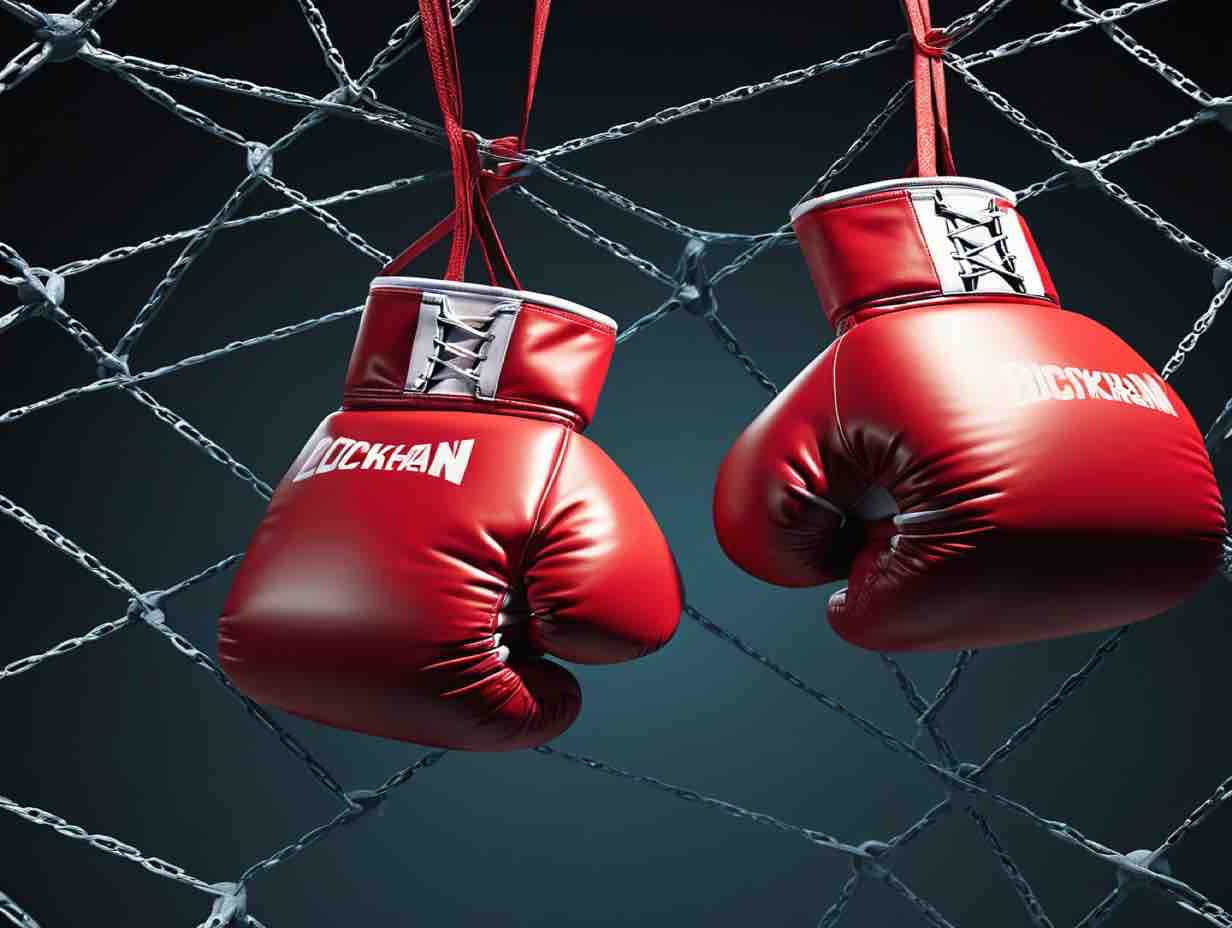In an era of mounting geopolitical tension, American banks find themselves entwined in a $9 billion conundrum connected to Syngenta’s imminent initial public offering (IPO) in China.
This record-breaking Shanghai IPO, once seen as a golden ticket for institutions like Goldman Sachs and JPMorgan, has now turned into an intricate puzzle, with geopolitical complexities threatening to hinder their participation.
A catch-22 situation
Syngenta, a Switzerland-based agrochemical company, is preparing for one of the largest IPOs in China’s history, aiming to raise about $9 billion.
But the challenge lies in its ownership – the firm has been under the wings of ChemChina, a state-owned enterprise, for the past six years. Unfortunately, ChemChina finds its name on the U.S government’s watchlist, under scrutiny for its close ties with China’s military.
This predicament leaves American banks questioning their involvement in the IPO. Their quest for clarity, seeking advice from lawyers and political consultants, has, so far, yielded little fruit.
The unfolding scenario aptly captures the complexities that foreign banks encounter when attempting to navigate China’s financial landscape.
This year, foreign banks’ involvement in new listings in China, including America’s premier institutions, has dipped to a mere 1.2 percent of the total, amounting to only $297 million.
The data from Dealogic suggests they’re heading towards the smallest annual share since they started operations in China’s securities sector back in 2009.
American banks, in particular, haven’t managed to secure a foothold in any mainland Chinese IPO in 2023, despite a whopping $26 billion raised in total this year.
Syngenta’s IPO – A beacon of hope?
Despite the uncertainties and the apparent freeze-out, American banks are looking at the upcoming Syngenta IPO with hopeful eyes. If successful, it would be the fourth largest listing in mainland China and could mark a turnaround for foreign banks’ roles in China’s financial landscape.
Representatives from Goldman, JPMorgan, Morgan Stanley, UBS, and HSBC, all possessing mainland investment banking businesses, have been actively advocating for roles in the listing.
A possible secondary listing in global financial hubs like London, Zurich, or New York also adds to the appeal.
However, the enthusiasm might hit a snag considering the potential implications of expanding U.S. sanctions.
ChemChina’s presence on the U.S. Office of Foreign Assets Control list places it under the microscope, preventing U.S. investors from engaging with public securities of listed companies connected to China’s military-industrial complex.
Although Syngenta, as a separate entity, isn’t on the list and thus not restricted, involvement could lead to closer scrutiny from Washington policymakers eager to limit U.S. corporations’ support for companies tied to the Chinese military.
As of now, it remains unclear whether these American banks will be able to navigate the process far enough to face such concerns. Decisions on their involvement would only come into play if they win mandates from Syngenta.
However, the situation leaves the America-based bankers in a challenging position, caught in a financial limbo, as they grapple with the uncertainties.
To conclude, the unfolding Syngenta saga exemplifies the intricate dance between global business interests and geopolitical concerns.
How this dilemma plays out will significantly impact not just the fate of the involved American banks, but also the broader landscape of international finance and its interplay with geopolitics.





